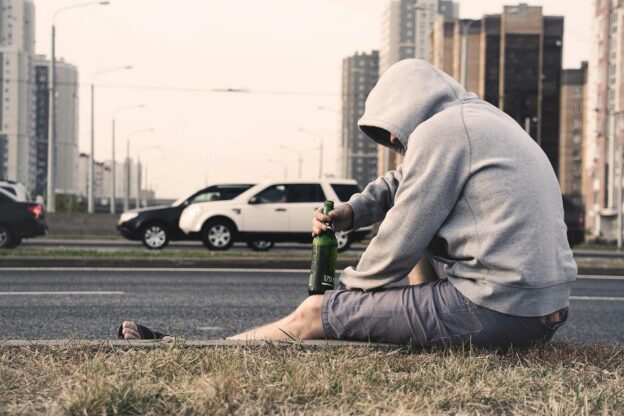Setting realistic goals during addiction recovery isn’t just a good idea; it’s a necessity. When you’re battling addiction, having clear, achievable targets can lead you step by step toward reclaiming your life. In this post, we will talk about why setting realistic goals in addiction recovery in West Virginia can make a huge difference in staying on track. Whether you’re dealing with personal problems or certain aspects of recovery, understanding how to set effective goals is key. So, let’s break it down and keep it simple: how can setting the right goals help you navigate through recovery? Let’s find out. Continue reading













